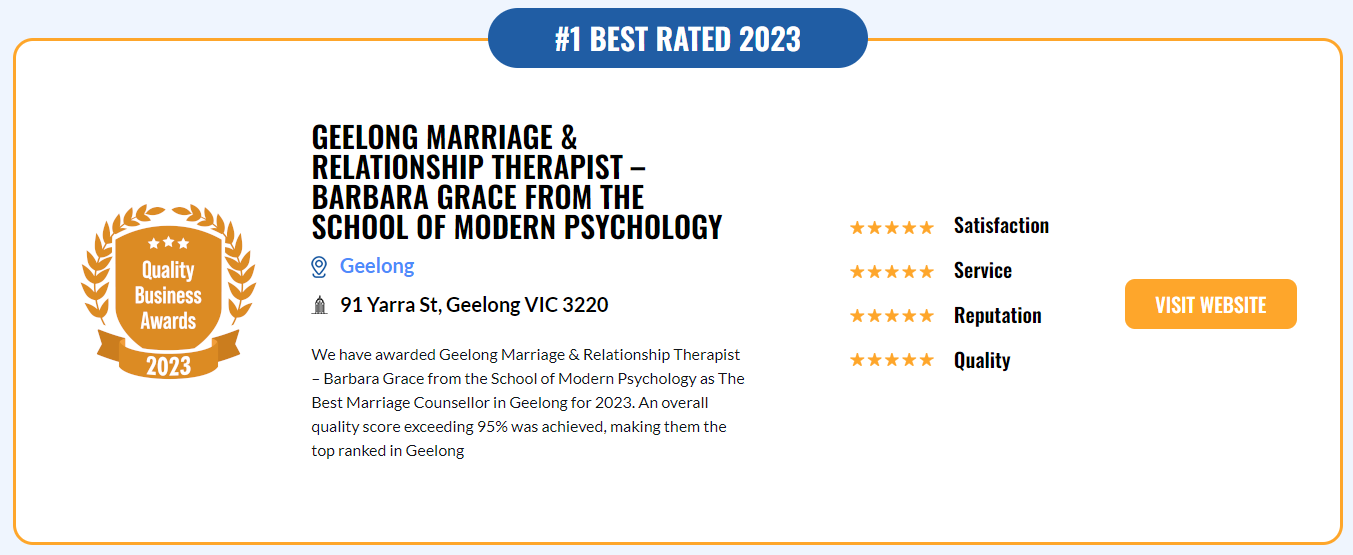How Can You De-Stress Your Relationship?
/"Calmness is the cradle of power."―Josiah Gilbert Holland
During these covid times, I’m reminded that self-care requires more than a massage, facial or another bout of online shopping.
Each of us lives with stress. Busy, pressured lives mean we’re asked to do more in less time.
Most know the cost of not managing stress, yet believe we’re ‘ok’ until our personal health shows up and tells us otherwise.
Stress places pressure on our autonomic nervous system, which if not released can damage health, sometimes permanently. And the low-level stress we’re training our body to think of as normal is testing our resilience.
The top 3 stressors are money, work and family responsibilities — and each of these impacts our relationships.
We understand how to manage physical stress in the short term — taking time out, exploring hobbies, easing away from heavy workloads, getting more sleep, eating well, laughing more and spending time with people we love and care about are all positive steps.
But …
What about internal stress — how do you manage these things:
Stress felt from not feeling heard by your partner?
Stress felt by raw emotions being triggered again and again when yet another problem arises between you and your partner?
Stress felt from burying your needs as no amount of talking seems to make a difference.
If we don’t find ways to release these stresses, they become stored in our body. Layer upon layer builds until we feel its effect through an array of health issues:
headaches, high blood pressure, heart problems, diabetes, skin conditions, asthma, arthritis, depression, anxiety.
Research suggests stress also can bring on or worsen certain symptoms or diseases as the Royal Australian College of General Practitioners describes:
“It is now known that stress is a major cause of illness, especially cardiovascular, gastrointestinal and psychiatric disease, both directly and indirectly, due to the harmful behaviours through which people seek to relieve their distress (eg. substance abuse).” https://www.racgp.org.au/
We Create Our Own Stress
At one level we inherently understand what contributes to stress, yet internal stress is created and maintained by us, particularly if we’re in a relationship where neither is taking responsibility for changing and the daily rituals of pretending you’re in a loving relationship are causing resentment.
In my office, I hear the following top 20 concerns from couples. Each of these issues induces high levels of stress if not managed:
Telling yourself you don’t need to change until your partner does
Bottling up emotions just to keep the peace
Treating your partner to relentless tongue lashings (verbal abuse)
Emotionally punishing your partner by not speaking to them for days after an argument
Playing tit-for-tat so you have the last word
Rolling your eyes at anything your partner suggests
Not letting your partner find their space to calm down when triggered/upset — instead following them so you get a resolution to the latest issue
Ignoring or dismissing what your partner says — because you ‘know better’
Shutting down emotionally (stonewalling) when a challenging conversation arises
Using alcohol or substances to self-medicate so you don’t feel the rising stress in your body
Blaming your partner for causing any problems
Keeping score and remembering all the little annoying things they do so you can use them as weapons against them during the next argument
Talking over your partner from a one-up position
Belittling (or ignoring) your partner when out socially
Believing intimacy isn’t important in a relationship
Never feeling the need to apologise (sincerely)
Feeling lonely and as if no one has your back in the relationship
Numbing out any uncomfortable emotions with alcohol, drugs, shopping, over-exercising or drugs
Feeling anxious when home with your partner — as if you’re walking on eggshells waiting for the next blow-up or put-down
Feeling a loss of hope about where you are in your life and in your relationship
How many of the above list did you resonate with?
Stress thrives in our bodies because we allow negative thoughts to conquer our mind, which in turn feeds stress-inducing emotions.
As Bessel van der Kolk says:
“Neuroscience research shows that the only way we can change the way we feel is by becoming aware of our inner experience and learning to befriend what is going on inside ourselves.”
When emotions cause you to feel exhausted, numb or physically ‘done’ — they don’t wither and die, instead they create a swamp — one with toxic mosquitos that will continue to infect your mental and emotional capacity to cope, unless you do something about them.
When a relationship seems like it’s hitting rock bottom, you may feel a loss of control. And this could be setting you up for losing self-esteem and hope.
The fuel for change can feel as if it’s running on empty.
At the heart of shifting old patterns in a relationship are our beliefs.
“More smiling, less worrying. More compassion, less judgment. More blessed, less stressed. More love, less hate.” ― Roy T. Bennett, The Light in the Heart
Beliefs are often subconsciously carried. They may include:
How we should feel in a relationship.
How relationships should look.
How love should be in a relationship.
These ‘should’ beliefs can stop us from seeing a more positive pathway forward.
For any couple, the underlying model to support beliefs varies.
No standardised mould fits all couples.
Although three aspects are commonly found.
Couples experiencing successful relationships choose to minimise stress and maintain a balanced equilibrium by practicing these 3 core areas:
Agreeing on how and when to raise issues around challenges and concerns in the relationship in a respectful manner.
Having regular conversations about how each is caring for the other’s needs — mentally, socially, physically, financially, environmentally and emotionally.
Prioritising the relationship above all else.
These can form the foundations for a successful relationship.
“In times of stress, the best thing we can do for each other is to listen with our ears and our hearts and to be assured that our questions are just as important as our answers.”
― Fred Rogers, The World According to Mister Rogers: Important Things to Remember
How do couples create successful foundations?
They do ‘the work’.
They understand each other’s raw points — or triggers — and aim to be gentle and caring if things arise that are causing issues.
They apologise for their role in breaking a shared agreement.
They choose not to be defensive, instead remaining to be present and experience empathy for what their partner is experiencing.
They communicate by listening with their eyes and bodies.
They show affection in many small ways throughout the day.
They make time for each other.
One couple I’ve worked with does this through weekly check-ins each Sunday morning along with breakfast in bed. They bring up how each felt when something happened during the week (positive or negative), or when they felt misunderstood.
Another couple checks-in with each other nightly by sharing what they love about each other.
And the two that I practice daily in my relationship are:
Giving regular compliments of appreciation, affection, love and gratitude
Giving and receiving bear-hugs that help me feel grounded, loved, supported and secure.
It’s hard to feel stress when I’m sending out (and receiving) positive messages multiple times a day. And this makes it much easier to talk about challenges that may arise as our ‘love bucket’ receives daily top-ups to make sure that no leaky holes form in it that could drain our love.
Add in a regular dose of mindfulness and managing internal stresses in your relationship becomes more manageable.
“Mindfulness not only makes it possible to survey our internal landscape with compassion and curiosity but can also actively steer us in the right direction for self-care.”
― Bessel A. van der Kolk, The Body Keeps the Score: Brain, Mind, and Body in the Healing of Trauma
If you’d like to find out what’s possible in your relationship when stress isn’t triggered, click here for a special offer.











